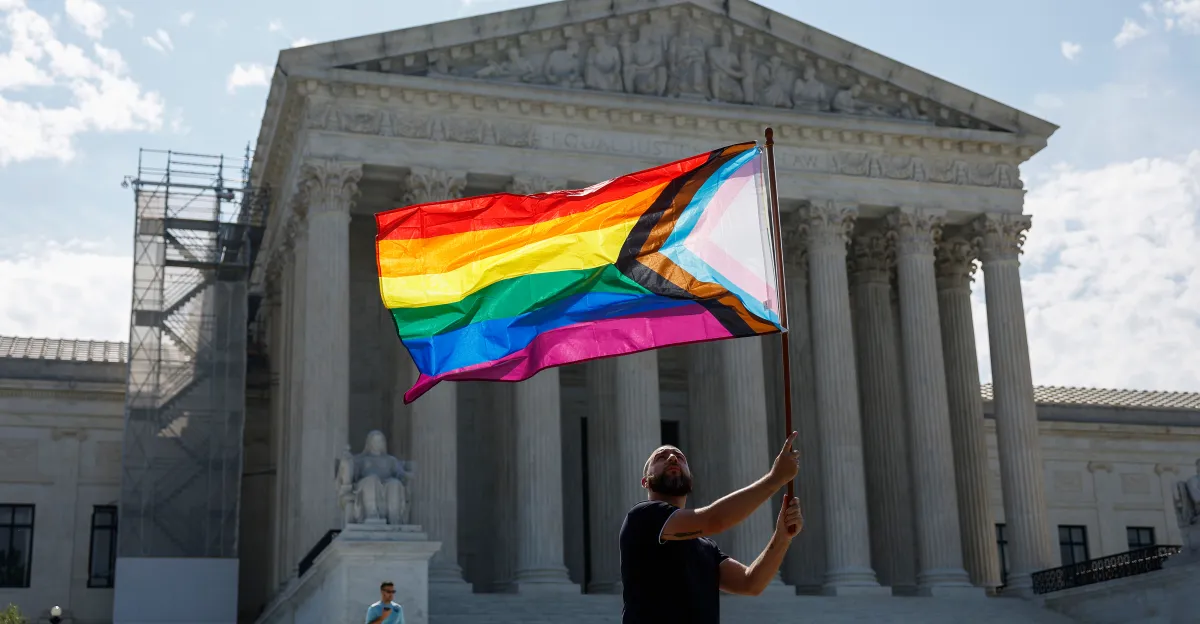Every February for Black History Month, the Association for the Study of African American Life and History (ASALH) has the honor of choosing a theme that highlights an important aspect of Black culture. This tradition first began in 1928 with the theme “Civilization: A World Achievement.” Carter G. Woodson, who is widely known as the father of Black History Month, prepared a handbook titled “Important Events and Dates in Negro History.” The book includes more than 140 dates that mention key events in Black History up to the handbook’s publication. Each contribution on Woodson’s list, including both members of the Black community and allies, trailblazed through societal norms with art, science, governance, activism and whole-hearted humanity.
The 2024 theme, “African Americans and the Arts,” explores the creativity, resilience and innovation from a culture that has uplifted spirits and brought people together in countless ways across centuries and communities. In the fields of visual and performing arts, literature, fashion, folklore, language, film, music, architecture, culinary and other forms of cultural expression the African-American influence has been of prime importance. This theme also ties in with the backlash the arts have received since the protests during the COVID-19 pandemic for purposely denying or the lack of incorporation of black talent into the arts community. This ranges from classical music, Theatre and more.
The first officially recognized black history month theme was America for All Americans in 1976. President Ford invited every American to join him in this celebration to remember the easily-forgotten contributions black people have made to our country such as the first gas mask or Matthew Henson and Admiral Robert Peary, becoming the first men to reach the North Pole in 1909. During this time, Black History Month had already become popular in schools and universities. Also, national attitudes toward black people, in general, were improving. Black people were allowed in more establishments such as restaurants and public spaces. Likewise, the Civil Rights Act of 1964 and the Voting Act of 1965 were relatively new in everyone’s thoughts, and America was taking significant initiative for desegregation. Having a U.S. president publicly acknowledge it was great for African American involvement in society because it encouraged the start of black organizations such as ASALH, paving the way for fellow groups such as the National Association for the Advancement of Colored People ( NAACP) and the Black Student Union.














